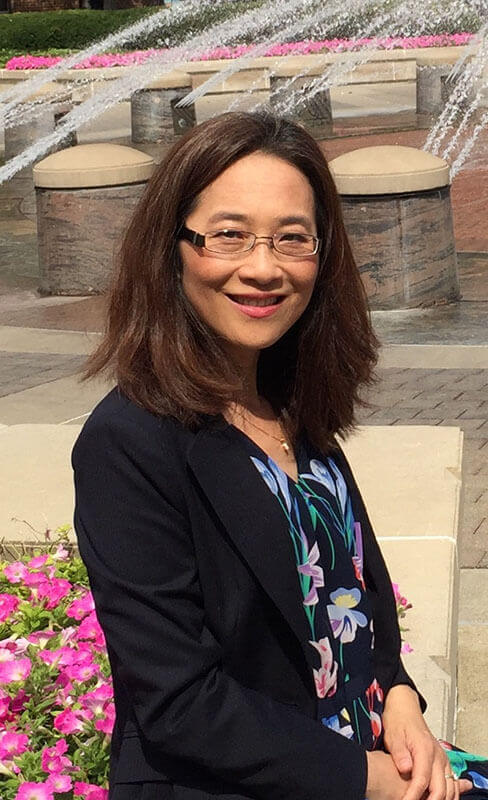March 5, 2019
Skip your ‘staycation’ and get away this spring break
 Xinran Lehto, a professor in the School of Hospitality and Tourism Management at Purdue University, has spent the last two decades studying the restorative qualities of vacation.
Download image
Xinran Lehto, a professor in the School of Hospitality and Tourism Management at Purdue University, has spent the last two decades studying the restorative qualities of vacation.
Download image
WEST LAFAYETTE, Ind. – Overworked and underpaid Americans have not used 705 million vacation days, according to the most recent figures from the United States Travel Association.
When people do take time away from the office, it’s often spent at home on a “staycation,” answering emails at work or checking social media, said Xinran Lehto, a professor in the School of Hospitality and Tourism Management at Purdue University.
“Once you have had a sustained period of work and study, your mind is fully extended and you start to lose the kind of attention that’s required to focus on the task at hand, causing you to be less productive, less efficient, less creative and not as sharp,” Lehto said. “A short-term respite, perhaps at home, may not be enough because it is not as easy for your mind to stay away from daily stressors associated with your everyday routine.”
Simply going from point A to point B also is not enough to recharge during time off, said Lehto, a member of the Purdue Tourism and Hospitality Research Center and an expert in tourism marketing, specifically wellness tourism. Over the last two decades, she has studied the beneficial aspects of vacation using survey data, personal interviews, short-term longitudinal experiments and content analysis of travelers’ personal websites and blogs.
“Can people truly disconnect themselves?” Lehto said. “Physically, you moved to another place. Mentally, it is increasingly challenging to disconnect, precisely because of the increasing digitalization of life.
“More than ever, the tourism and hospitality industries need to be mindful of travelers’ need to disconnect from everyday obligations and should provide products, experiences and services with a health and wellness orientation. Travelers should try to take a clean break, stay physically active and stay fully immersed in interesting activities available at a destination. Only when they are able to do so, can they regain the ability to focus, and a sense of connection with people, places and life in general.”
Writer: Joseph Paul, 765-494-9541, paul102@purdue.edu
Source: Xinran Lehto, 765-496-2085, xinran@purdue.edu

